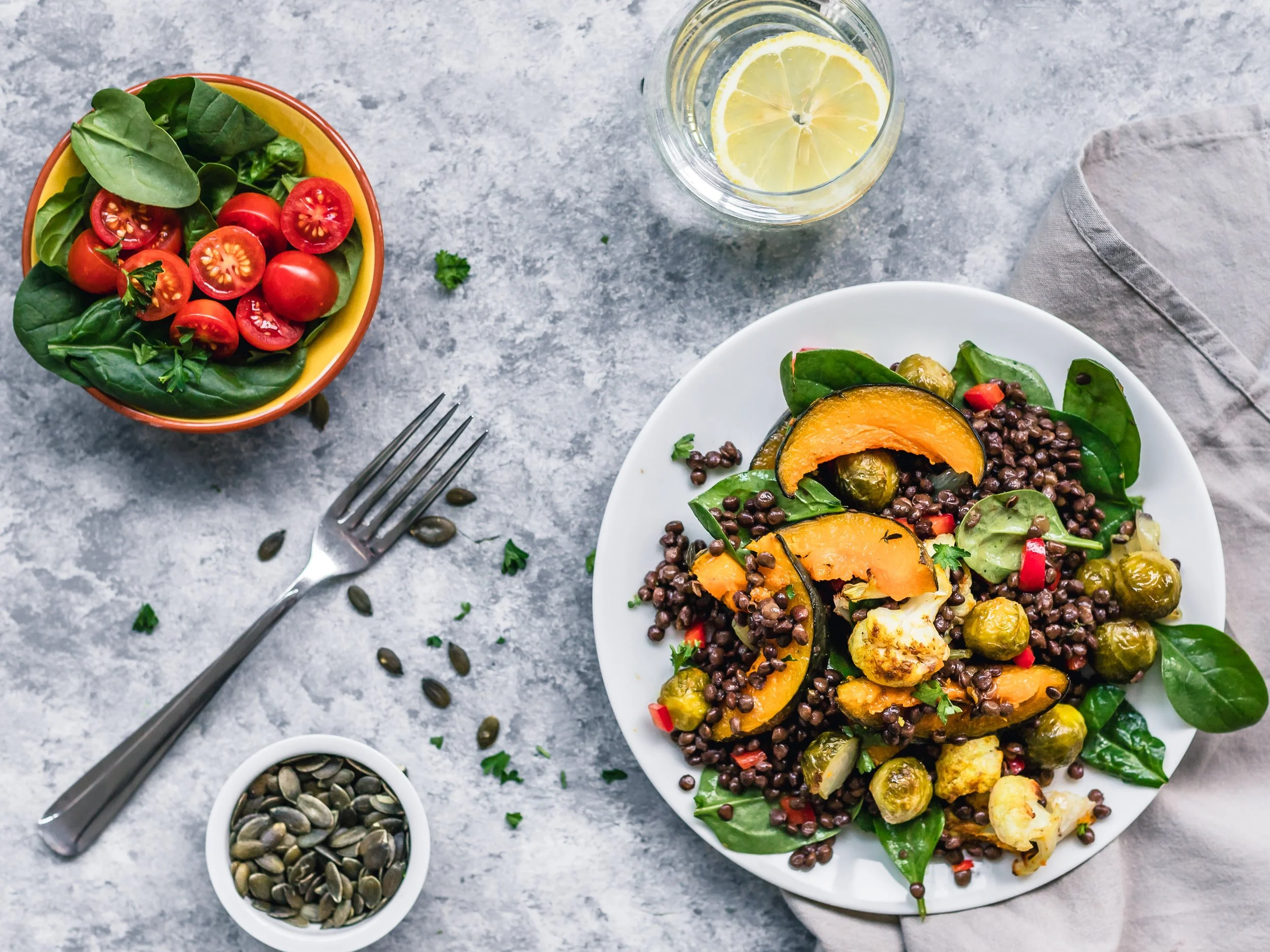The use of the term ‘processed’ has been used in the food industry for many years, usually to describe ‘less healthy’ foods. More recently, the use of the term ‘ultra-processed’ has been increasing rapidly, creating more confusion amongst consumers…
Read MoreThe understanding of our metabolism can be daunting to some, but the actual breakdown can be straightforward and beneficial to know. The most important carbohydrate is glucose, which is broken down by the body via various processes known as glycolysis…
Read MoreBetween the age of 1 and 5 years old, children start to consolidate their early experiences with food and become more independent (3). Food habits developed during childhood build foundations for their approach to diet and nutrition for the rest of their life (6)…
Read MoreWe definitely all know someone who has cut dairy out of their diet in order to clear their skin or to avoid acne or breakouts and many people believe dairy really is the culprit to ‘bad’ skin. Similarly, the number of vegans is growing and so more people are choosing plant-based milk alternatives…
Read MoreResistance and strength training is all the rage right now, being praised for its ability to help you build muscle and tone-up, but did you know that resistance training is renowned for its health benefits at all ages…
Read MoreThere are 8 different B vitamins which are found in a variety of food sources and have different functions within the body. These include Thiamin (B1), Riboflavin (B2), Niacin (B3), Pantothenic Acid (B5), Pyridoxine (B6), Biotin (B7), Folate (B9), and Cobalamin (B12)…
Read MorePotassium is an essential mineral. Minerals are different from vitamins as minerals are inorganic substances that plants and animals absorb from soil and water, whereas vitamins are organic substances produced by plants or animals…
Read MoreIt is estimated that nearly 7 million people within the UK are borderline diabetic – or pre diabetic. The hormone insulin is needed to breakdown glucose within your blood. Glucose is usually carried around the body where it is absorbed and made into energy…
Read MoreThe Mediterranean diet was established in the 1960’s, originating primarily from the Mediterranean countries of Greece, Spain and Italy. Since then, the diet has been praised for its applicability for a number of health conditions and more specifically, their prevention and management, namely cardiovascular diseases and type 2 diabetes…
Read MoreIt is estimated that nearly 7 million people within the UK are borderline diabetic – or pre diabetic. The hormone insulin is needed to breakdown glucose within your blood. Glucose is usually carried around the body where it is absorbed and made into energy…
Read MorePlant-based, whole foods, plant points; these are all phrases you may have heard being used recently, but why? There is a plethora of reasons to increase your intake of plant-based foods. Some may wish to progress from a more animal-based diet towards a more plant-based approach…
Read MoreWith just over 5 weeks to go before the 2022 London Marathon, it’s time to start considering your race day nutrition strategy. Developing a nutrition plan for the run up to the race, during and afterwards, will help to ensure that you maximise your performance …
Read MoreYou may have heard a friend, family member, or colleague saying ‘I am counting my macros’ which essentially means they are counting their daily macronutrient intake for various reasons such as weight loss or healthy weight maintenance…
Read More5-10 % of individuals with pre-diabetes become diabetic every year (1). In the UK, 90% of adults with diabetes have type 2 diabetes (2). Unfortunately, diabetes rates have increased almost 4-fold since 1980 globally, indicating the influence of lifestyle factors including diet on the prevalence of diabetes (1)…
Read MoreWith summer well and truly underway in the UK there are lots of foods we can include in our diets to help us manage the heat, by keeping us hydrated and supporting healthy skin. So if you’re looking for some easy and insightful tips to easily help you through the heat this article is the one for you.
Read MoreWhilst fats play an important role in our diets, the consumption of certain types of fat may be harmful to our health. Decreasing the amount of dietary saturated fat has been a recommendation for decades to help reduce the risk of diseases, such as coronary heart disease…
Read MoreGiven that almost half the world’s population experience the menstrual cycle in their adolescent and adults lives, this is still such a taboo topic that isn’t spoken about enough. Whilst good quality evidence exploring how diet influences menstruation and period pain is limited…
Read MoreThere are 8 different B vitamins which are found in a variety of food sources and have different functions within the body. These include Thiamin (B1), Riboflavin (B2), Niacin (B3), Pantothenic Acid (B5), Pyridoxine (B6), Biotin (B7), Folate (B9), and Cobalamin (B12)…
Read MoreWith the ever-increasing bombardment of fad diets and the threat and on-going effect of Covid, more and more people are becoming increasingly concerned and interested in what we can all do to improve our nutrition and health as a whole, to maximise the quality of life we have left…
Read MoreIn the UK, allergies affect more than 1 in 4 people at some point throughout their life (1), and in 2016, it was estimated that around 2 million individuals have food allergies. However, dietary adjustments can influence the severity of allergies experienced (2)…
Read More




















